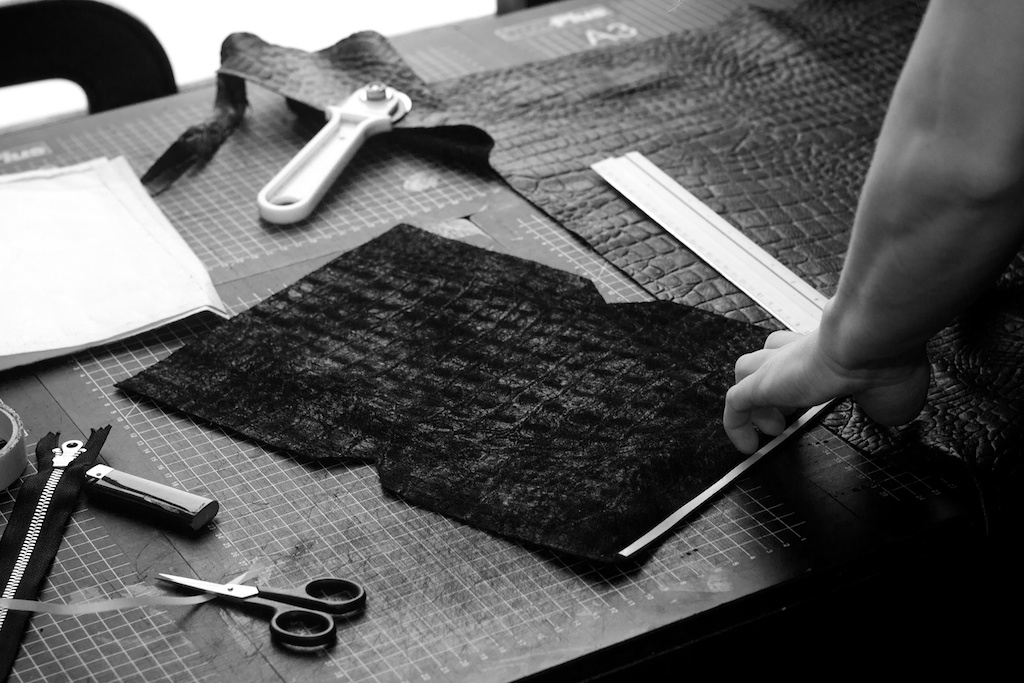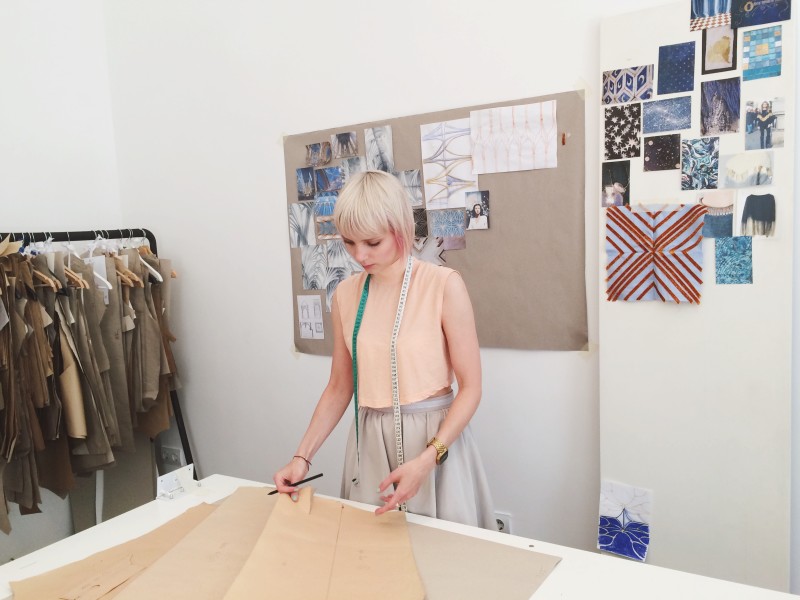07\01\2016
Written by Kadri Muuk

TAKE IT SLOW: THE RENAISSANCE OF SLOW FASHION
The slow fashion movement – it’s a term coined back in 2008 by Kate Fletcher, a sustainable design consultant. Now on the agenda more than ever, the movement is increasingly gaining followers who are interested in a sustainable way of life. The popularity of this movement is a clear sign of a change in the established – the conscious consumer is emerging.
The origins of the fashion industry are in slow production. As time passed, the industry picked up speed, putting the ‘fast’ in fast fashion. Low-quality, high-speed and disposability – this is what years of garment and technology development has achieved. With unrealistically low prices, the consumer is encouraged to buy more for less, resulting in cheap quality garments that might last a month if you’re lucky or just worn once. Finding a bargain makes a happy client, but at what cost? Halfway across the world shady practices of factory owners, non-existent wages of workers and inhumane working conditions are employed just to give you that one shirt. This isn’t something the consumer thinks about prior to purchase. But they should.
Perhaps the strongest argument against fast fashion is the impact it has on our planet. The ecological footprint this industry has left behind is enormous. According to Lucy Siegle’s “To Die For: Is Fashion Wearing out the World?” textile industry production is responsible for 30% of China’s pollution. But the effects don’t stop there. Producing clothing in such high quantities results in fabric waste that ends up in landfills, taking centuries to decompose. If the industry continues its practices as they are now, the planet we will leave behind for our future generations will not be the same.
It’s this increased disposability of fast fashion that the slow fashion movement is responding to. Slow fashion is not a new phenomenon – it’s simply returning to the clothing practices of the past. Slow fashion focuses on high-quality garment construction using ethical materials. But those aren’t the only defining qualities of slow fashion, as it is ultimately about producing in a socially and environmentally responsible manner. It’s as important to display transparency in production and supply chain processes, as it is to guarantee living wages for workers. Maxine Bédat, co-founder of artisanal slow fashion store Zady has said: “In our globalized and hyper-connected, instantaneous world, slow fashion is a return to the tangible and real.” It’s “about process, quality and honesty, a distinction from what many apparel companies have been pushing recently.”
As consumers are becoming aware of the unsustainability of fashion industry’s current practices, there is a rise in demand for independent labels. Garments that have a rich story and a traceable origin are preferred over cheap and uniform fast fashion. As many slow fashion companies are focused on producing a small selection of products, e-commerce platforms such as TWOL24 offer a wide assortment of independent labels to choose from, curated with care for the conscious consumer. Join the movement and see what TWOL24 has in store for you!



